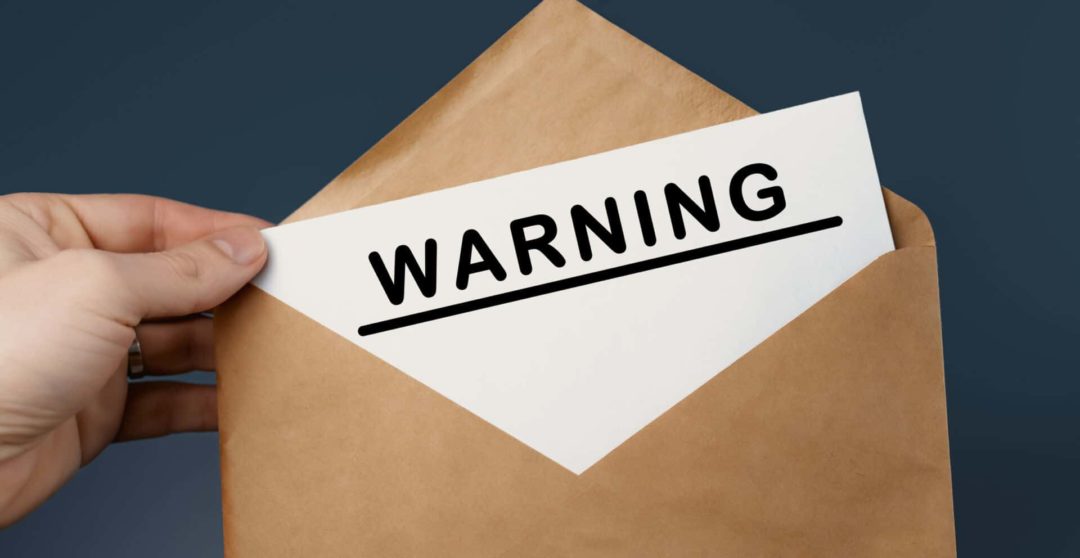FDA warning letters were sent to:
FDA said the companies are selling CBD containing products that people may confuse for traditional foods or beverages, and this may result in unintentional consumption or overconsumption of CBD. Especially concerning, FDA said, are CBD-containing products in forms such as gummies, hard candies, and cookies that can be appealing to children.The letters also outline violations of the FD&C Act. FDA reported that several of the companies are illegally selling unapproved CBD products that claim to cure, mitigate, treat or prevent various diseases, and adding CBD to animal foods, such as pet treats.
(For insights into claims, listen to What You Need to Know about Hemp CBD Regulation: Asa Waldstein demystifies the CBD marketplace)
Why is CBD in food a concern?
In a post titled What the FDA is Doing to Protect Consumers from Cannabidiol (CBD) in Foods, FDA's Douglas Stearn and Kristi Muldoon-Jacobs outlined the agency's concerns. "We haven’t found sufficient information showing how much CBD can be consumed, and for how long, before causing the various types of harm we’re concerned about," they reported. "For example, to date, we don’t know whether regular or long-term CBD consumption could negatively affect fertility. CBD may also interact with other substances and alter their effect on the body. Studies suggest CBD may increase and/or prolong caffeine’s effects, which could be a problem for people who are sensitive to caffeine."Also at issue, according to the post, is that adding CBD to food may make it hard for people to control how much CBD they’re taking." Consumers eat food for other reasons than to take CBD, and they may end up taking more CBD than they meant to. It can also be easy for someone to consume CBD accidentally when it’s in an ordinary-looking food. This is especially true for children when CBD is in the form of a snack or a candy."










